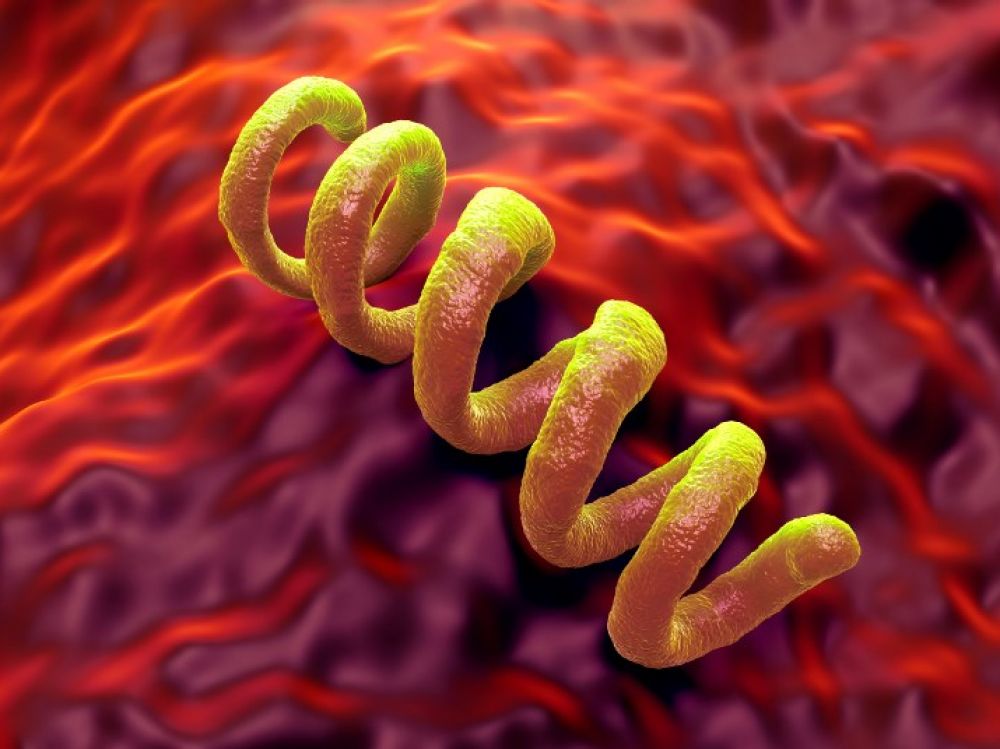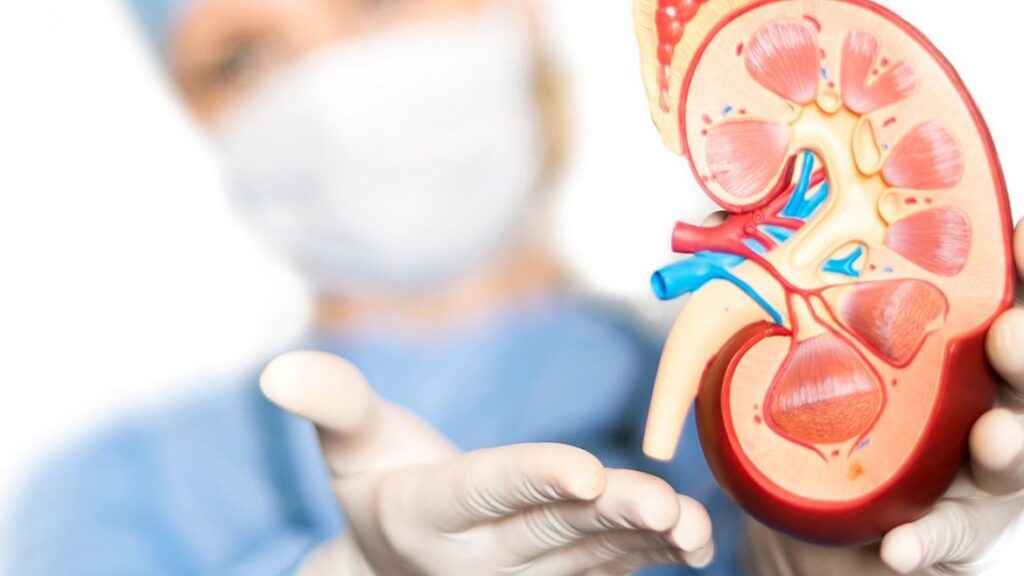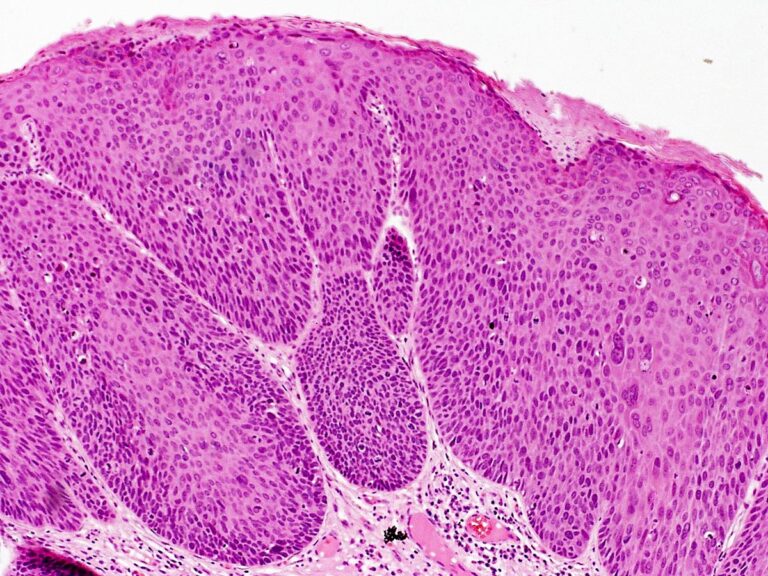What causes lesions on the penis? Learn more about the causes of penile lesions, symptoms, treatment and when you should see a physician.
Why people get penile lesions – causes
Find out what could be causing lesions on your penis by reading the following discussion.
Genital herpes
Genital herpes is an STD caused by the herpes simplex virus type 1 or 2.
Most people get genital herpes when there is a contact of the infectious herpes lesions. Transmission can occur during sexual intercourse, anal sex or oral sexual practices with an infected individual.
Symptoms of genital herpes
Herpes simplex can produce both symptoms of the outer body or be experienced by the sufferer depending on whether the infection is recurrent or you have it for the first time.
These include:
- Tingling and pain in the genitals
- Fever
- Headaches
- Rash characteristic of lesions or blisters or ulcers
Individuals who have recurrent episodes experience the symptoms in shorter periods but they are less severe.
Statistically, genital herpes is more common in women than there are male cases.
Genital warts
Genital warts are caused by the same HPV virus which may be transmitted during sexual intercourse. The most common area found is around the anus.
Although uncommon as compared to women, genital warts on the penis may occur on the penis head, shaft, inside the urethra, under the foreskin and on the scrotum.
HPV infection is a risk factor for penile lesions and penile cancer.
Balanitis

It basically refers to the inflammation of the penis.
Causes of balanitis and areas affected
The inflammation is typically caused by infections or chronic skin conditions. Overgrowth of either bacteria or yeast is more commonly what causes this condition
- Improper hygiene can contribute to skin irritation as in inadequate cleansing and too much cleansing can add up to the problem.
- Injuries on the tip of the penis or foreskin can cause swelling and discomfort.
- Side effects (fixed drug eruption) of some medications including laxatives, sleeping pills, painkillers, and antibiotics can lead to balanitis.
Irritation in the area can also cause balanitis (whether you are circumcised or not). What is likely to cause irritation?
- Not rinsing soap completely off of your penis after showering
- Using scented soaps to clean your penis
- Using bar soaps that dry out the skin
- Using scented lotions or sprays on your penis
Areas affected are the foreskin of the penis since this is an ideal place for organisms to grow. Balanitis can also affect the areas around the penis head.
Other causes of balanitis include:
- Reactive arthritis
- Uncontrolled cases of diabetes
- STIs, for instance, syphilis, trichomonas, and gonorrhea
Symptoms of balanitis
Balanitis is typically marked by swelling and redness. The discomfort of the foreskin, penis glans, and the shaft may indicate balanitis.
Other symptoms may include:
- Tightened foreskin
- Discharge
- Itchy genitals
- Pain in the genital area
- The painful skin on the penis
Swelling of your penis tip can put pressure on your urethra and this may translate to painful urination.
Treating balanitis
It often can be relieved by using topical medication (OTCs) or prescription medicines. The following is also recommended especially when you have been diagnosed.
- Discontinue the use of all perfumed products including lotions, soaps or powders
- Avoid use of tight undergarments
- Patients should also strive to use only warm water for cleansing.
Reactive arthritis

This type of arthritis affects the joints nut the urinary tract (i.e. the urethra, the urine bladder) and the eyes may be affected. It occurs after a secondary infection attacks the body cells. The secondary infections are often due to STIs or bacterial infection of the body which trigger reactive arthritis.
Causes
These include:
- Chlamydia trachomatis bacterium
- Shigella and Salmonella which cause food poisoning
- Genetics is also considered a possible trigger
Symptoms
What are the symptoms of reactive arthritis? Patients with this type of arthritis experience symptoms in three major body parts which involve the eyes, urinary system and joints.
Reactive urethritis can cause symptoms in the urinary tract. These include:
- The urge to go to the urinary
- Pain during urination or burning with urination
- Skin rashes which may include the genitals
According to the Arthritis Foundation, symptoms of the urinary system could be very mild and may occur together with or be followed by eye symptoms.
The common symptoms of the eye include:
- Eye pain
- Irritation
- Redness in the eyeball
- Affected vision (blurry)
Joint symptoms
Symptoms in the joints are always painful. They may involve the knees and feet but sometimes the gingers are affected.
Syphilis (rare)

Penile lesions as symptoms of this STI is presented as a rash during secondary syphilis.
Penile cancer, stages, symptoms, and diagnosis
Penile cancer is a rare form of cancer that affects the skin and tissues of the penis. It occurs when the healthy cells in the penis become cancerous and begin to grow out of control.
These cancer cells when not detected early may eventually spread to other areas of the genitals and body, including the glands, other organs, and lymph nodes.
According to yearly statistics about 1,000 and more cases of penile cancer are diagnosed in the United States.
(Penile lesions due cancer are rare)
Symptoms of penile cancer
In many cases, it is not very easy to know that you have started to develop cancer (unless you have been diagnosed actually have already cancer).
However, the first noticeable symptom of a penile cancer is typically a lump, mass or ulcer on the penis head or in the penis. It may look like a small, infected sore.
The symptoms may be felt or located on the head or foreskin more as opposed to the shaft of the penis.
Other symptoms which may not be limited to a skin cancer or tissue of penile (i.e. the symptoms may be signs of or mean you have another skin condition or problem) cancer include:
- Itching
- Burning in urethra
- Discharge
- Changes in the color of the penis
- Thickening of the penile skin
- Bleeding
- Redness
- Irritation
- Swollen lymph nodes in the groin
What are the risk factors for penile cancer
Men who are at risk of cancer of the penis are those who:
- Have a sexually transmitted infection like the human papillomavirus
- Smoke cigarettes
- Alcoholics
- Live in a region with poor sanitation and hygiene practices
- Have multiple sexual partners
- Are over age 60
It should be noted that this does not mean that you will get cancer but have increased chances.
Stages of penile cancer
Read the summarized table below to see the stages of cancer of the penis.
| Stage of cancer | Description |
| Sate 0 |
|
| Stage I |
|
| Stage II |
|
| Stage III (1) |
|
| Stage III (2) |
|
| Stage IV |
|
Cancer of the penis treatment options

Treatment will largely depend on the stage or how far it has spread. These are some of the main treatments for penile cancer (which has not spread to the nearby body organs or tissue) include:
- If the foreskin is affected you will get circumcised. Sometimes it may involve removal of more of the foreskin of the penis
- High-intensity laser light therapy to destroy tumors and cancer cells
- It may be an aggressive treatment in many cases which is an aggressive form of chemical drug therapy that helps eliminate cancer cells in the body
- Radiation therapy, which uses high-energy radiation to shrink tumors and kill cancer cells
NOTE: Patients who have chemotherapy or radiation therapy or both are at risk of other problems as a result of the compromised immune system.
More causes of penile lesions
In addition to the above causes and factors, other possible causes of lesions of the penis include:
- Penis psoriasis (eczema)
- Allergic contact dermatitis
- Irritant contact dermatitis
- Chancroid
- Granuloma inguinale
- Plaques from ingrown hair follicles or overactive sweat glands
When should I see a doctor?

If you have penile lesions, sores or ulcers that cause severe pain or cannot heal for more than 2 weeks seek medical care.
If the symptoms have spread to the other vital body organs or are felt in these organs see your doctor ASAP. The organs may include the eyes and mouth.

